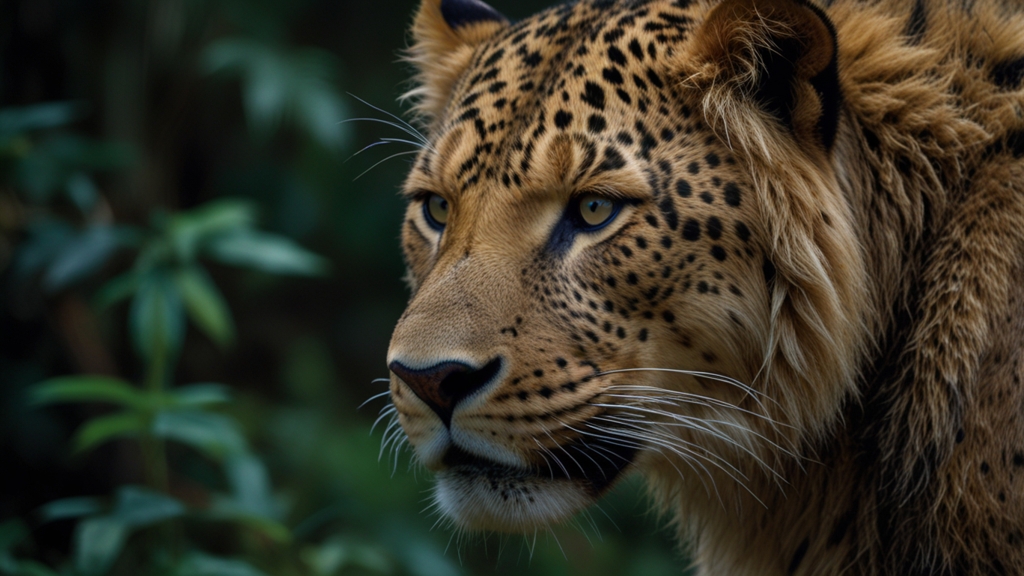Exploring the Spiritual Dimensions of Creation Stories
Creation stories are a fundamental aspect of human culture, often serving as the bedrock upon which societies build their understanding of the world, their place within it, and their relationship to the divine. These narratives not only offer explanatory myths about the origins of the universe but also convey profound spiritual truths and ethical guidelines that shape cultural identities and values. By exploring the spiritual dimensions of creation stories from various traditions, we can better appreciate the universal quest for meaning and the deeply rooted connections between humanity and the cosmos.
The Purpose of Creation Stories
Creation stories, or cosmogonies, typically aim to answer fundamental questions about the beginnings of existence: Who are we? Where do we come from? Why are we here? These stories offer more than mere explanations; they encapsulate the beliefs and philosophies of the cultures they emerge from. They serve as the spiritual compass guiding communities, offering a framework for understanding the world and their place in it.
Common Themes in Creation Narratives
Despite the vast diversity of creation stories across different cultures, certain themes frequently recur. Among these are the concepts of chaos and order, the divine act of creation, the emergence of life, and the interconnection between humans and the natural world. These shared motifs illustrate a collective human attempt to make sense of existence and to find harmony within the universe.
"In the beginning, there was chaos..." — This phrase, or variations of it, appears in creation myths from ancient Greece, Mesopotamia, and even in modern scientific understandings such as the Big Bang theory. The transition from chaos to order signifies the birth of the cosmos and the establishment of a structured universe.
Spiritual Dimensions and Symbolism
Creation stories are replete with symbolic elements that encode deeper spiritual meanings. For instance, in many traditions, light represents divine knowledge and enlightenment. The act of creation itself is often seen as a manifestation of divine will or cosmic intent, underscoring a profound relationship between the divine and the material world.
In Hindu cosmology, the god Brahma is depicted as the creator of the universe, representing the cyclical nature of existence where creation is a continuous, eternal process. Similarly, in Native American narratives, such as the Navajo creation story, the emergence of the first people from the womb of Mother Earth symbolizes a profound connection to the earth and all its creatures.
"And God said, 'Let there be light,' and there was light." — The Book of Genesis, in the Judeo-Christian tradition, begins with this declaration, signifying the power of the divine voice to create and the importance of light as a symbol of life and knowledge.
Ethical and Moral Implications
Beyond their explanatory scope, creation stories often carry ethical imperatives and moral lessons. These narratives serve as foundational texts that convey not only how the world came into being but also how individuals ought to live within it. For example, the Genesis narrative emphasizes stewardship, suggesting that humans have a responsibility to care for the Earth as custodians of God's creation.
Indigenous Aboriginal Dreamtime stories from Australia teach the importance of harmony with nature and community. These stories are not merely about the past; they are living traditions that continue to impart wisdom and guide behavior.
Modern Relevance and Interpretation
In the contemporary world, creation stories continue to hold relevance. They provide a sense of continuity and cultural identity, linking present generations with their ancestral past. Moreover, modern interpretations often seek to reconcile traditional creation narratives with scientific understandings, finding a harmonious balance between myth and empiricism.
"The cosmos is within us. We are made of star-stuff. We are a way for the universe to know itself." — Carl Sagan's reflection captures the awe and wonder that lies at the heart of both scientific inquiry and spiritual exploration, reminding us that creation stories, ancient or modern, seek to articulate our intrinsic connection to the universe.
Conclusion
Creation stories are far more than archaic myths; they are profound expressions of humanity's spiritual and existential quests. By exploring the spiritual dimensions of these narratives, we gain insights into the universal human experience, the shared longing for understanding, and the deep, enduring connections that bind us to the cosmos. Whether read as religious texts, philosophical treatises, or poetic allegories, creation stories continue to inspire and guide us, illuminating our journey through life.












